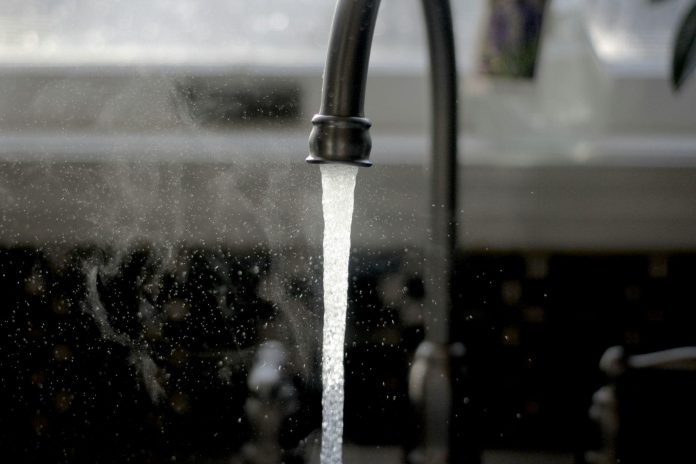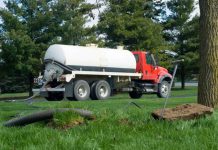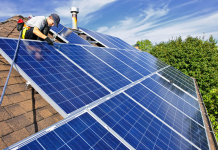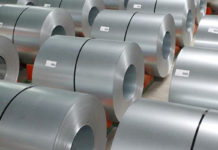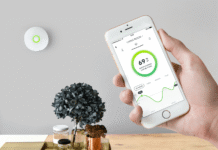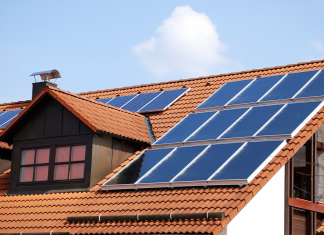Are you hearing mysterious gurgles from your pipes or witnessing water stains on your ceiling? It could be your plumbing giving you grief. Ignoring the early warnings can lead to a full-blown plumbing nightmare. But fear not! We’ve compiled the seven telltale signs of plumbing problems that demand your attention.
How can I Diagnose Plumbing Issues?
Making sure there are no plumbing problems when doing kitchen or bathroom renovations is vital. Additionally, because of this, it’s imperative to avoid working with unreliable contractors who may be the root of your plumbing problems.
Even if the most experienced professionals installed your plumbing, ordinary wear and tear and inadvertent errors (such as pouring oil and grease down the drain) might eventually lead to plumbing issues.
Plumbing issues can be challenging to identify on your own or even to explain to professionals. Below are seven signs that indicate bad plumbing in your household.
7 Key Signs of Bad Plumbing
Plumbing services and heating experts at Lazard Plumbing advise homeowners to look at out for any of the below and to contact a professional plumber as soon as possible:
Drip, Drip, Drip
Is there a relentless drip from your faucets? Not only is it annoying, but it’s also wasting water and potentially inflating your bills. Leaky faucets are often a sign of worn-out seals or faulty installation.
Soggy Spots
Notice any unexplained wet patches on your floors or walls? Don’t brush it off as spilled water – it could be a sign of hidden pipe leaks. Left unchecked, these leaks can lead to structural damage and mold growth.
Slow Draining
Does your sink take ages to drain, even after you’ve tried every DIY remedy in the book? It might be a sign of a clogged pipe or a more serious issue further down the line. Don’t let a sluggish drain put a damper on your day!
Backed-Up Toilets
Nothing spells disaster quite like a backed-up toilet. If your toilet is prone to clogs or frequently overflows, it’s time to call in the experts. Ignoring the issue could result in sewage backups and costly repairs.
Low Water Pressure
Are you feeling like you’re showering under a trickle instead of a stream? Low water pressure can be caused by various plumbing issues, including pipe corrosion or mineral buildup. Don’t settle for weak water pressure – get it sorted before it becomes a flood of problems.
Unpleasant Odors
Have you noticed foul odors emanating from your drains or toilets? It could be a sign of sewer line issues or trapped debris in your pipes. Don’t let unpleasant smells linger – address the root cause before it becomes a stinky situation.
Rusty Pipes
Do your pipes resemble a rusty relic from the past? Rust and corrosion not only compromise the integrity of your plumbing system but also pose health risks due to contamination. Don’t let rusty pipes corrode your peace of mind – consider replacing them to safeguard your home.
What constitutes a plumbing emergency?
When it comes to plumbing issues, not all problems are created equal. While some issues can wait until regular business hours, others require immediate attention to prevent extensive damage to your home. Here’s a guide to help you determine what qualifies as a plumbing emergency:
- Major Pipe Leaks: If you have a burst pipe gushing water into your home, it’s a clear emergency. Shut off the main water supply immediately and call a plumber without delay to prevent flooding and water damage.
- Sewage Backup: A sewage backup is not only unpleasant but also poses serious health risks. If you notice sewage backing up into your sinks, toilets, or drains, it’s essential to act fast to prevent contamination and damage to your property.
- Complete Lack of Water: If you suddenly find yourself without water in your home, it could indicate a significant issue with your plumbing system. Whether it’s a problem with the water main or a malfunction within your home, it warrants immediate attention to restore water flow.
- Gas Leaks: While not strictly a plumbing issue, gas leaks are a serious emergency that requires immediate action. If you detect the smell of gas or suspect a gas leak, evacuate your home immediately and contact the gas company and a plumber for assistance.
- Frozen Pipes: In cold climates, frozen pipes can lead to burst pipes and extensive water damage. If you suspect that your pipes are frozen, turn off the water supply and call a plumber to thaw them safely.
- Flooding: Any significant flooding in your home, whether from a burst pipe, overflowing toilet, or natural disaster, requires immediate attention. Act quickly to minimize damage and protect your belongings.
- Blocked Sewer Line: A blocked sewer line can cause wastewater to back up into your home, leading to unsanitary conditions and property damage. If you notice multiple drains backing up simultaneously, it could indicate a blocked sewer line that requires urgent attention.
Closing Thoughts
Remember, a stitch in time saves nine when it comes to plumbing problems. Ignoring the signs can lead to costly repairs and water damage. If you’re experiencing any of these symptoms, don’t hesitate to contact a qualified plumber to assess the situation. Your home and your wallet will thank you in the long run.
Don’t let plumbing problems turn your home into a waterlogged nightmare. Stay vigilant, address issues promptly, and keep your pipes in tip-top condition. Your plumbing will flow smoothly, and so will your peace of mind.
